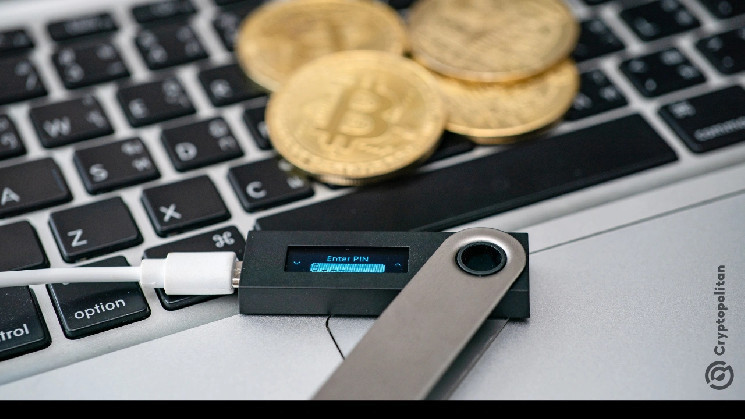The crypto industry is seeing a rise in the adoption of self-custody wallets as users prioritize control over their assets. A Coinbase survey reveals that more users in the United States are aware of self-custody solutions, with a significant increase in non-custodial wallets. The University of Illinois researchers note that self-custody wallets now hold 35% of the total market supply. High-profile breaches on centralized exchanges have also driven users towards decentralized finance (DeFi).
Crypto wallet Exodus experiences a 107% increase in revenue, with the CEO attributing it to the growing demand for self-custody solutions. The CEO of Cowchain also believes that the popularity of self-custody wallets reinforces the belief that ownership of tokens lies in holding the private keys. Analysts predict that self-custody wallets may reach a value of $3.5 billion by 2031.
On the regulatory front, the European Union's Markets in Crypto-Assets (MiCA) regulation is praised for its comprehensive approach to providing clarity and security in the crypto industry. However, in the United States, the Securities and Exchange Commission's strict enforcement has prompted users to explore decentralized exchanges. The introduction of the FATF's Travel Rule, which requires exchanges to collect and share transaction information, has also led to privacy concerns and a shift towards self-custody solutions. Overall, countries are formulating their crypto policies, with some users viewing them as necessary for risk reduction while others perceive them as government surveillance.
 Content Editor
( cryptopolitan.com )
Content Editor
( cryptopolitan.com )
- 2025-03-08
Crypto policy changes drive interest in self-custody solutions

 Esponel (es)
Esponel (es) Türkçe (tr)
Türkçe (tr) Russian (ru)
Russian (ru) 한국인 (kr)
한국인 (kr) Italiano (it)
Italiano (it) हिंदी (in)
हिंदी (in) عربي (ar)
عربي (ar) Français (fr)
Français (fr) Deutsch (de)
Deutsch (de) 日本 (jp)
日本 (jp) 中国人 (cn)
中国人 (cn)